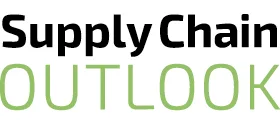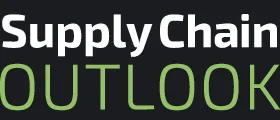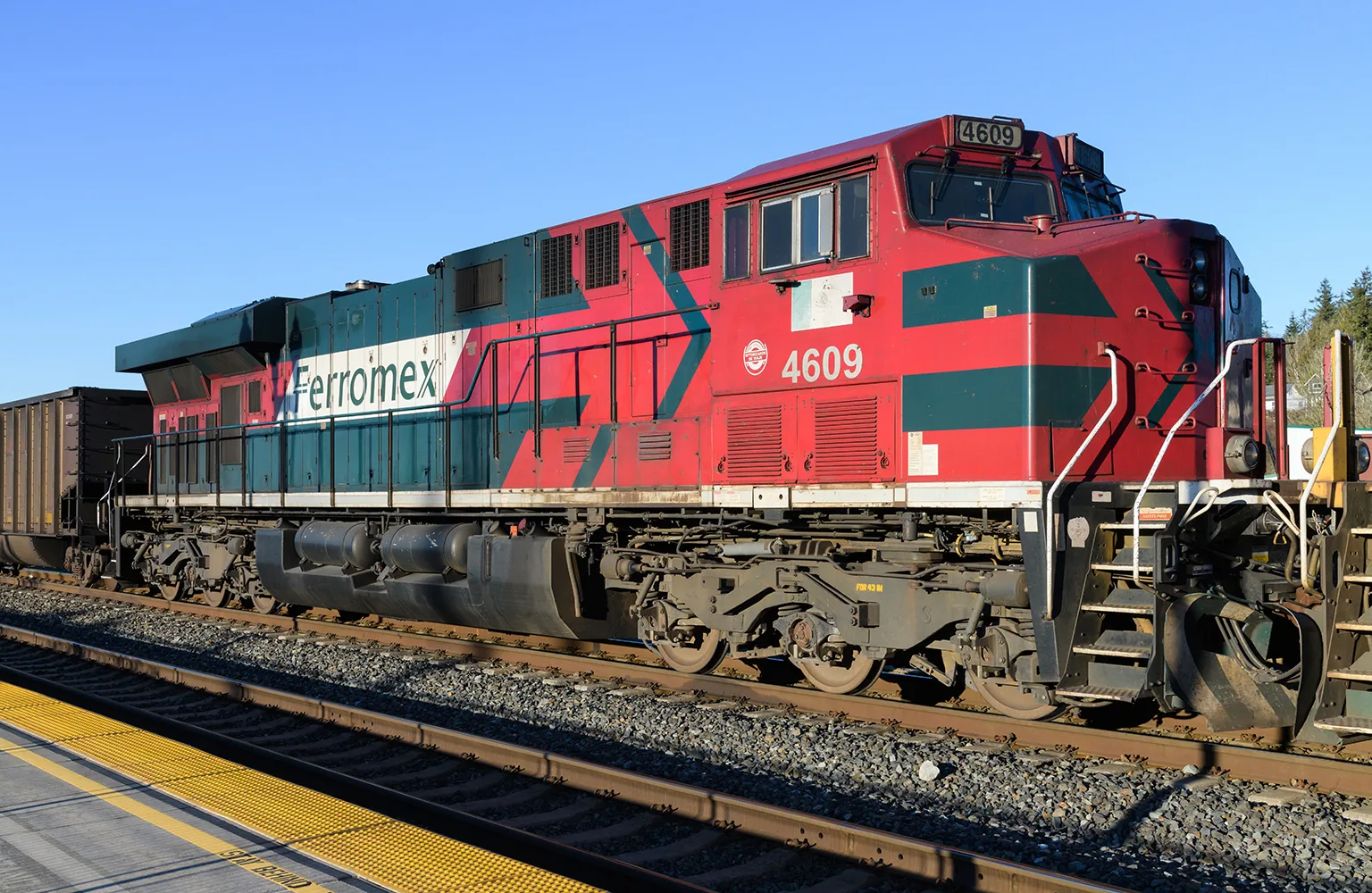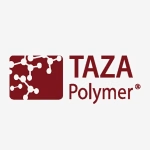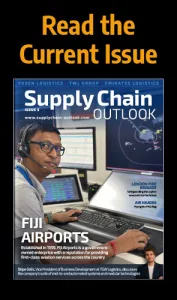Facilitating the largest cargo operations in Mexico, Ferromex possesses an enviable fleet of locomotives and railcars that deliver the needs of the nation’s businesses, while also offering holidaygoers blissful trips around the Mexican countryside.
FULL STEAM AHEAD
The vast open plains of sandy vegetation and rugged mountain landscapes have become synonymous with Mexico and its uniquely vibrant culture.
However, the historical transportation of goods through the country’s rough terrain via carts, rivers, or even on foot proved incredibly difficult.
Yet, despite logistical adversities, the movement of cargo is ingrained in Mexico’s heritage. The pre-Hispanic era, for instance, saw Indigenous communities use carts to transport goods across carefully laid out paths, which were vital for communication and trade between communities.
Toward the beginning of the 19th century, many nations across the world were experiencing rapid industrialization, creating the early foundations of a national supply chain. Mexico was no different, as the country’s first railway opened in 1850 between Veracruz and El Molino.
This marked a turning point in the nation’s transportation capabilities and encouraged continued government support for additional railway developments across Mexico.
Significantly, this made trade between distant regions and nations more convenient and efficient, thus creating a robust and reliable logistics network that drove the country’s industrial revolution and economic advancement.
Fast-forward 150 years and the early blueprints for cargo rail transportation have evolved into a large and complex amalgamation of state-of-the-art technologies and colossal cargo equipment.
As a result, the rail transportation of cargo has become far more expansive and methodical due to the speedier construction of tracks and containers, round-the-clock fleet management systems, and the implementation of other digital platforms that can monitor the movement of goods in real time.
At the forefront of this advanced network is Mexico’s largest cargo operator, Ferromex, whose strength and influence on the country’s logistics capabilities demonstrate just how far transportation has come.
Indeed, the company was formed from the privatization of a large percentage of state-owned railways in the late 1990s, enacted by Ernesto Zedillo, the 61st President of Mexico.
Ferromex is therefore intertwined with domestic and global cargo movement, as demonstrated by its extensive railway network spanning over 11,000 kilometers (km), industry-leading capabilities, and undoubtable power and influence on today’s supply chain in Mexico and beyond.
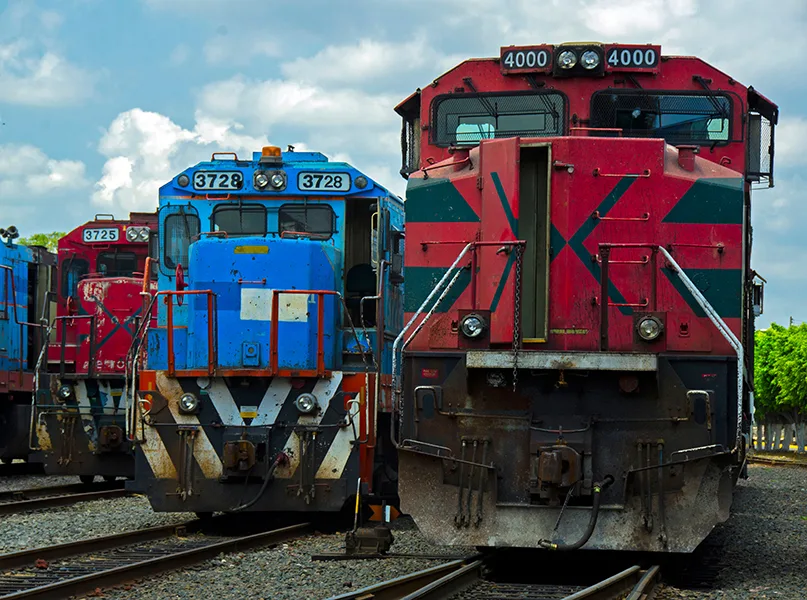
THE COMPLETE FLEET
With unmatched operational capabilities, Ferromex utilizes the immense power of over 800 locomotives and 28,000 railcars to transport whatever its clients need securely and on time.
Indeed, the company is able to transport cars, general cargo, and bulk-handling equipment, aiding its many customers with their logistics challenges.
Ferromex transports cars via three forms of equipment – Automax, Bilevel, and Trilevel.
The former has a load capacity of 49 tons (t) and can transport 16 to 26 cars in one journey, whilst Bilevel equipment can move approximately 35t and around eight to 10 cars via two levels per cart. Trilevel equipment, meanwhile, has a similar load capacity but with the added ability to transport 12 to 15 cars across three levels.
Ferromex also offers best-in-class equipment for moving general cargo and container equipment that customers can leverage to transport a range of products, including automotive parts, food appliances, and much more, with a total load capacity of 26t.
Intermodal platforms are then utilized to transport between 20 and 53 containers, equating to a total load capacity of 73t.
The company’s moving capabilities not only cater to vast cargo but also lighter deliveries. As such, Ferromex offers small-scale platforms to deliver loose goods, such as logs, sleepers, pipes, fences, rails, and more, equating to a capacity of 32t.
Cargo moving services are likewise offered using dry van equipment such as a covered hopper with chutes and covers for rolling cold and hot metaled sheets onto the container.
Ferromex also has the necessary fleet and logistical capabilities to transport bulk materials, in which larger-scale equipment is used to efficiently handle its customers’ biggest cargo requirements.
Alongside the covered hopper used for transporting general cargo, the company’s covered gondolas are purpose-built with cradles and covers for loading and unloading sheet rolls of various temperatures. In order to move these large volumes, this particular equipment has a load capacity of over 93t.
Moreover, Ferromex’s open-top gondolas transport a range of bulk products, such as minerals, coals, metals, scrap products, and more, with a load of nearly 97t, making them a vital part of the fleet.
The company’s largest bulk-handling equipment comes in the form of hoppers. With a staggering capacity of 101t, this equipment is primarily used to transport huge quantities of agricultural products, including corn, wheat, sorghum, beans, and malt.
Agricultural products aside, hoppers are also leveraged to transport cement in bulk, catering to a number of industries.
MEETING INDUSTRY DEMAND
Ferromex’s position at the forefront of Mexican cargo logistics means that it supports a multitude of industries across the country, and North America as a whole, via nine business units.
The company’s agricultural division offers vital inputs for processing operations, aiding flour and corn mills, oilseed plants, and breweries. As a result, the division’s customer base is far-reaching, serving businesses involved in animal feed, corn syrup, starch production, sugar mills, and much more.
Ferromex also diligently meets the needs of the country’s automotive industries, serving 70 percent of Mexico’s automotive domestic cargo, which includes some of the world’s top car brands. The company delivers goods to assembly plants used by General Motors, Ford, Chrysler, Honda, and Volkswagen, to name a few.
To cater to a wide range of models, Ferromex has strategically located terminals across the country in cities such as Hermosillo, Monterrey, Silao, Guadalajara, and Valle de Mexico. Significantly, these terminals house the largest fleet of multi-level containers, with further investment expected in the future, optimizing automotive carrier potential.
Elsewhere, the company’s impact on the industrial cement sector is felt far and wide, as it managed to move 10 million t of cement in 2022 on a national and international basis.
Accordingly, Ferromex leverages the necessary high-tech fleet of cement hoppers and dry vans to transport products to their desired destination across challenging environments.
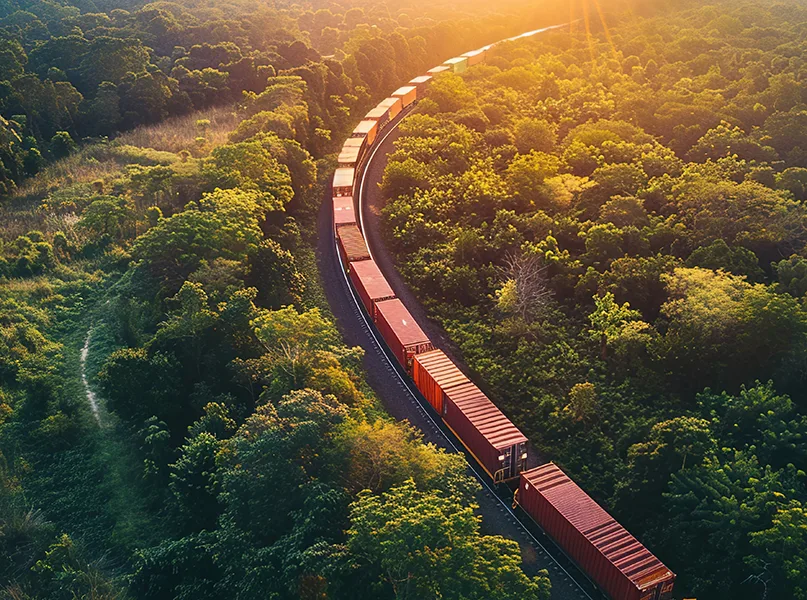
DELIVERING GOODS SECURELY
Ferromex is also committed to meeting the demands of Mexico’s oil and gas industry, transporting a range of materials including coal, diesel, oils, asphalt, liquefied petroleum gas (LPG), and more.
Additionally, the company delivers vital metals and minerals to the country’s many mining and steel areas, encompassing the import and export markets.
Alongside transporting everyday consumer goods for the food and beverage industry, including beer and dry goods, Ferromex also transports industrial products such as appliances, structural machinery, and packaging products using dry van delivery equipment.
On top of this, the company is dedicated to safely delivering inorganic chemical products, synthetic resins, fertilizers, petrochemicals, and other products.
Due to the highly hazardous nature of its transportation, Ferromex ensures that it acts in accordance with the regulations put in place by the Secretariat of Infrastructure, Communications and Transport (SICT) and the Energy Regulation Commission, making it a highly trusted cargo operator.
In line with its sustainability commitments, Ferromex has also obtained permits from the Secretariat of Environment and Natural Resources (SEMARNAT) and the Secretariat of National Defense (SEDENA). As such, the company ensures that its activities consider the needs of both planet and country.
Overall, Ferromex transports over 8 million t of goods annually with over 400,000 containers carrying both domestic and global goods.
As timely and safe deliveries are of equal importance to the company, attentive and specialist care is consistently given to each cargo movement, organized and managed with 10 intermodal terminals across Mexico.
ONCE-IN-A-LIFETIME TRIP
From products to passengers, Ferromex also has a highly reputable tourism branch, harnessing its extensive network to create unforgettable experiences across Mexico’s beautiful landscapes through its Chepe Express and Tequila Express destination offerings.
The former took its inaugural trip in May 2018, offering passengers ultimate comfort through the unique and breathtaking countryside. Crossing an incredible 350km, passengers also have the opportunity to frequent many quaint and culturally unique towns on the journey.
Over the course of nine hours, the high-speed train travels through picturesque cities such as Los Mochis and Sinaloa before venturing up to the delights of Creel and Chihuahua, alongside Pueblos Mágicos, a truly special place that offers a plethora of festivities.
Passengers have the chance to hop off and explore any of the five stopping points before jumping back onboard to the comfort of the carriage.
With a capacity of 520 passengers across six carriages, Ferromex offers top-of-the-range facilities across its First, Executive, and Tourist Classes. Indeed, the company offers First-Class passengers exclusive access to the terrace, while those in Executive Class have access to a bountiful bar.
The Chepe Express also boasts an onboard restaurant that offers authentic and local cuisine to all passengers, ensuring that each individual has the best travel experience possible.
In continuation of its tourism division, Ferromex also offers a luxurious travel experience on the Tequila Express, with guests traveling in style and sophistication from Guadalajara to the town of Tequila, a UNESCO World Heritage Site.
The company purposefully mapped out the most picturesque route, allowing passengers to make the most of the verdant agave landscape with routes only accessible via rail.
The Tequila Express, meanwhile, is a joint venture (JV) between Grupo México and the Guadalajara Chamber of Commerce in which Ferromex offers smooth, relaxing, and safe travel to some of Jalisco’s most unforgettable activities, unmatched gastronomy, and unique terrains.
Additionally, the company’s destination offerings stand out from other rail journeys thanks to its focus on responsible tourism, utilizing one of the most sustainable forms of transportation.
Accordingly, Ferromex’s tourism division doesn’t harm the surrounding environment and allows passengers to fully immerse themselves in Tequila’s cultural heritage while preserving the beloved natural landscape.
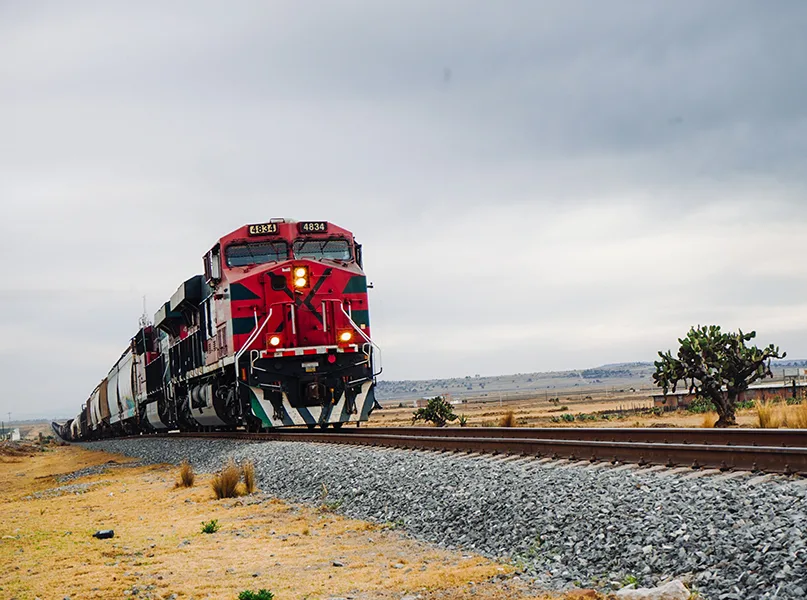
SEAMLESS BORDER CROSSING
Looking ahead, Ferromex aims to expand its intermodal activities with a 300 percent increase over the next year.
The expansion project, known as Falcon Premium, will be completed as a JV between Union Pacific and Canadian National Railway. Established in 2023, the initiative will create a comprehensive intermodal service spanning Mexico, the US, and Canada in an unparalleled amount of time, offering clients the best connectivity across North America.
While enjoying the benefits of the direct route between Mexico and the US, Ferromex’s customers also have the advantage of reducing their greenhouse gas (GHG) contributions by transporting cargo via rail, contributing to the sustainability of the national supply chain.
Ultimately, the company has become a tenacious force that moves Mexico forward through highly advanced and secure cargo transport operations.
Thus, with the country’s largest network, influence, and industry coverage, Ferromex is on track for continued success.
